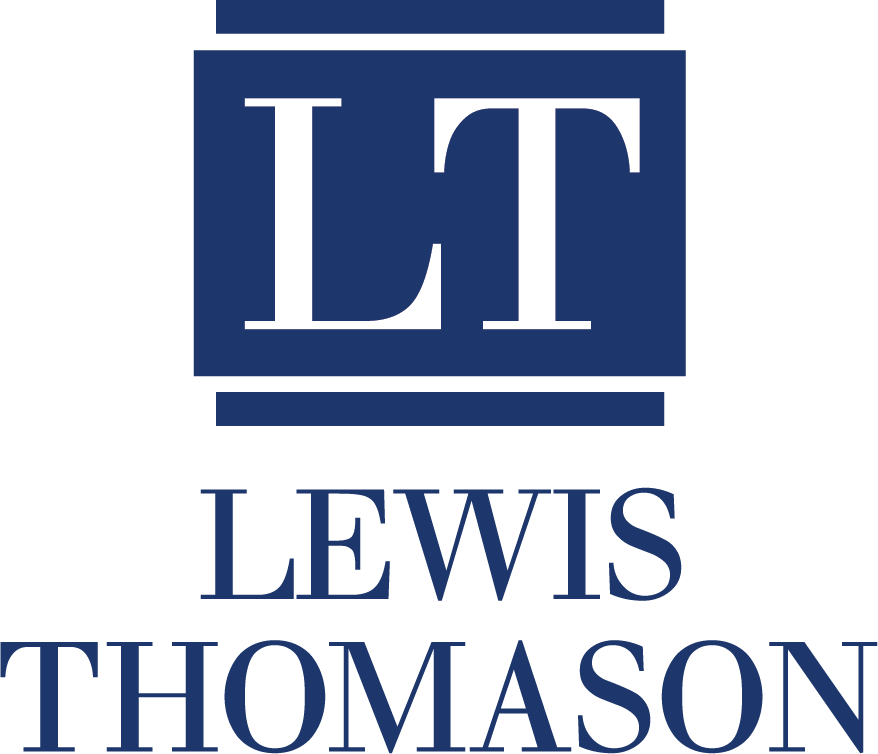Written By: Product Liability Group
Under the Tennessee Products Liability Act of 1978 (“TPLA”), Tenn. Code Ann. § 29-28-101, et seq., when a manufacturer’s product harms a plaintiff, the plaintiff can recover damages from the manufacturer by proving that the manufacturer failed to warn the plaintiff of a defective condition or unreasonable danger associated with the manufacturer’s product at the time the product left the manufacturer’s control.[1] In its January 4, 2021, decision in Coffman v. Armstrong Int’l, Inc. (full text here), the Supreme Court of Tennessee ruled that, under the TPLA, a manufacturer of an “original” product has no legal duty to warn consumers about the dangers of another manufacturer’s component part that is later combined with the “original” product to make an “end” product.
Donald Coffman, an equipment repair mechanic at a chemical plant in Tennessee, developed mesothelioma, and eventually cancer, over the course of nearly thirty years because his job exposed him to asbestos particulates. Specifically, he worked on industrial equipment such as valves, pumps, and steam traps that incorporated asbestos gaskets and insulation, among other parts containing asbestos. Many of these asbestos parts, however, were added to the “original” equipment long after the equipment had been shipped from the equipment manufacturers’ facilities, i.e., long after the equipment left their manufacturers’ control. The equipment manufacturers did not make or sell the component parts that were made of asbestos.
Nevertheless, when he became ill, Mr. Coffman and his wife filed a lawsuit under the TPLA against numerous defendants, including the equipment manufacturers. In their complaint, the Coffmans alleged that, because the equipment contained parts that were made from asbestos, the equipment was unreasonably dangerous. Furthermore, the Coffmans contended that the manufacturers had a legal duty but failed to warn Mr. Coffman of the dangers of asbestos exposure.
Before trial, the equipment manufacturers moved for summary judgment. They argued that, as a matter of law, they had no duty to warn Mr. Coffman about the dangers of asbestos because they did not manufacture or sell the component parts containing asbestos to which Mr. Coffman was exposed at the chemical plant, and thus that the Coffmans could not prove an essential element of their failure-to-warn claim under the TPLA. The Coffmans countered that, at common law, manufacturers had a duty to warn about later-added products if it was reasonably foreseeable that another product would be combined with their product, and that the common-law rule applied in the case. The trial court agreed with the manufacturers and awarded summary judgment to them on the duty-to-warn issue.
The Tennessee Court of Appeals, however, reversed the trial court. The appellate court held that the equipment manufacturers had not met their burden of affirmatively negating the existence of the common-law duty to warn Mr. Coffman about the dangers of asbestos exposure.
On appeal to the Supreme Court of Tennessee, Justice Roger Page, writing for a 4–1 majority, reversed the appellate court. Examining the plain language of the TPLA, Justice Page and the majority concluded that manufacturers of “original” products have no duty to warn consumers against the dangers of component parts that the manufacturers neither produce nor sell, but which are added to the “original” products later. According to the Court, the TPLA, by its own terms, extends only to products that are “defective or unreasonably dangerous at the time the manufacturer transfers control of the product.” Furthermore, by enacting the TPLA, the Tennessee General Assembly essentially supplanted the old common-law rule with the current statutory rule.
Under that framework, the Coffmans countered that the Court and the machine manufacturers were ignoring other express provisions of the TPLA, like the provision that defines a “defective condition” as one that is “unsafe for normal or anticipatable handling or consumption,”[2] or the provision that absolves a manufacturer of liability only when an “unforeseeable alteration” is made to the original product.[3] The Court was not persuaded on either front.
Coffman is a significant case for TPLA failure-to-warn claims. The Court drew a bright line limiting liability for manufacturers to products they actually manufacture or sell, not those manufactured by others, and removing the question of “foreseeability” from the legal equation.
[1] Tenn. Code Ann. §§ 29-28-102(6), 29-28-105(a).
[2] Tenn. Code Ann. § 29-28-102(2).
[3] Tenn. Code Ann. § 29-28-108.




